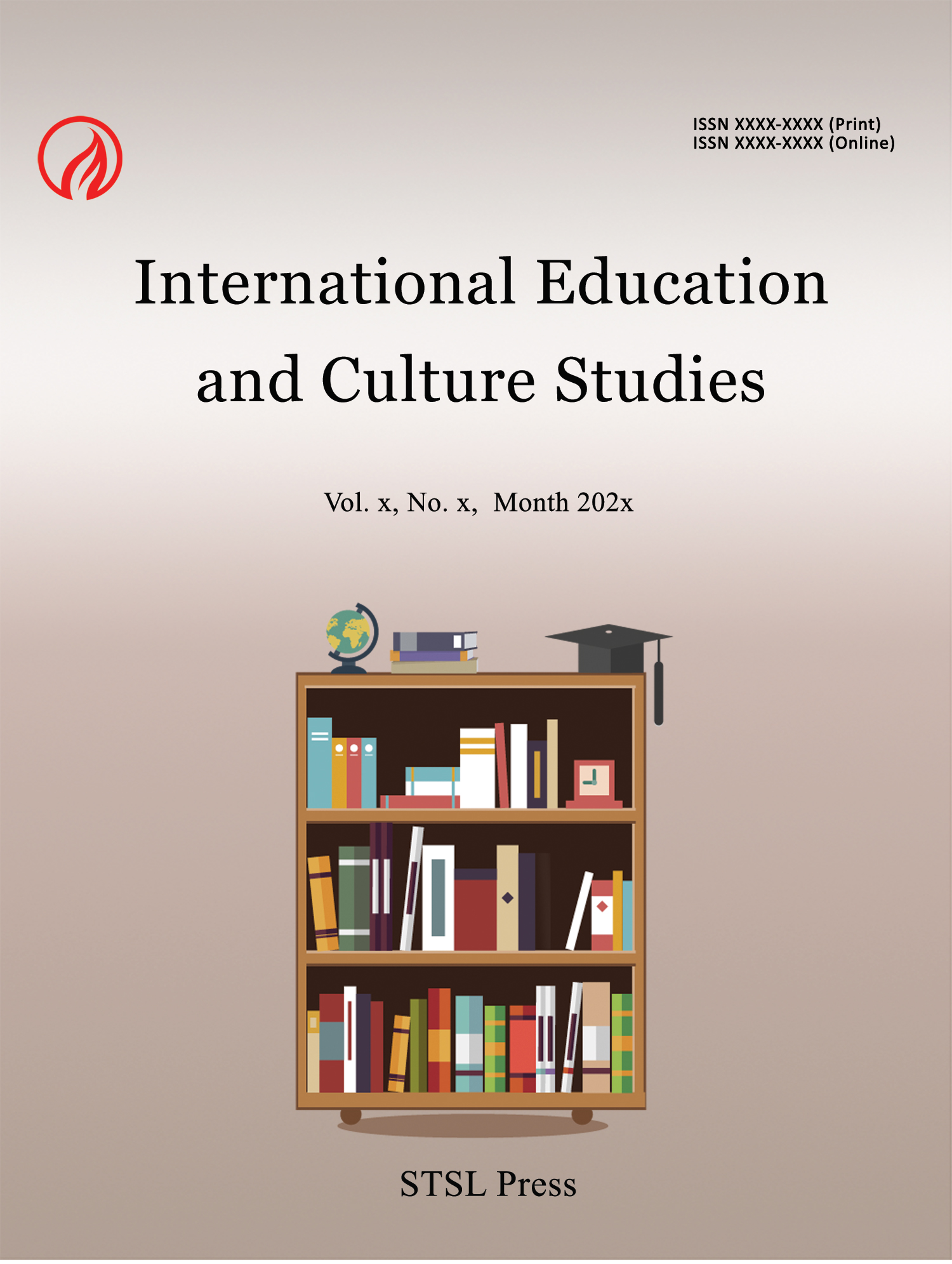Evaluating the Effectiveness of Mentor-Mentee Sessions on Learners’ Holistic Development within the Context of Bhutan Baccalaureate Framework at Gelephu Middle Secondary School
Karma Tshering
Yeshi Dorji
Abstract
The Bhutan Baccalaureate (BB), introduced in 2020 under the guidance of the Royal Academy, Pangbisa, Paro emphasizes holistic education through a personalized mentoring system that supports learners across five Areas of Development: cerebral, emotional, social, physical, and spiritual. This study investigates the effectiveness of mentor-mentee sessions at Gelephu Middle Secondary School (GMSS), a pilot BB institution. Despite the conceptual strength of the BB framework, implementation at the school level has revealed challenges such as limited mentor training, inconsistent practices, and unclear role expectations. Using a mixed-methods design, the study assesses the perceptions of mentors, mentees, and school leaders to evaluate how effectively mentoring supports student learning, engagement, and wellbeing.
Quantitative data were collected through structured online surveys, while qualitative data from semi-structured interviews were analyzed thematically. The findings highlight both positive outcomes and systemic gaps in the mentoring process. While some sessions foster meaningful relationships and reflective learning, others lack depth and alignment with the intended goals of the BB framework. The study concludes with recommendations to enhance mentor training, strengthen institutional support, and improve monitoring mechanisms to ensure mentoring remains a core pillar of transformative education.
Paper:
pdf
DOI:
https://doi.org/10.71002/iecs.v5n3p1
 This work is licensed under a
Creative Commons Attribution 4.0 License.
This work is licensed under a
Creative Commons Attribution 4.0 License.
Contact us
- Jerry Lee
- iecs@stslpress.org
